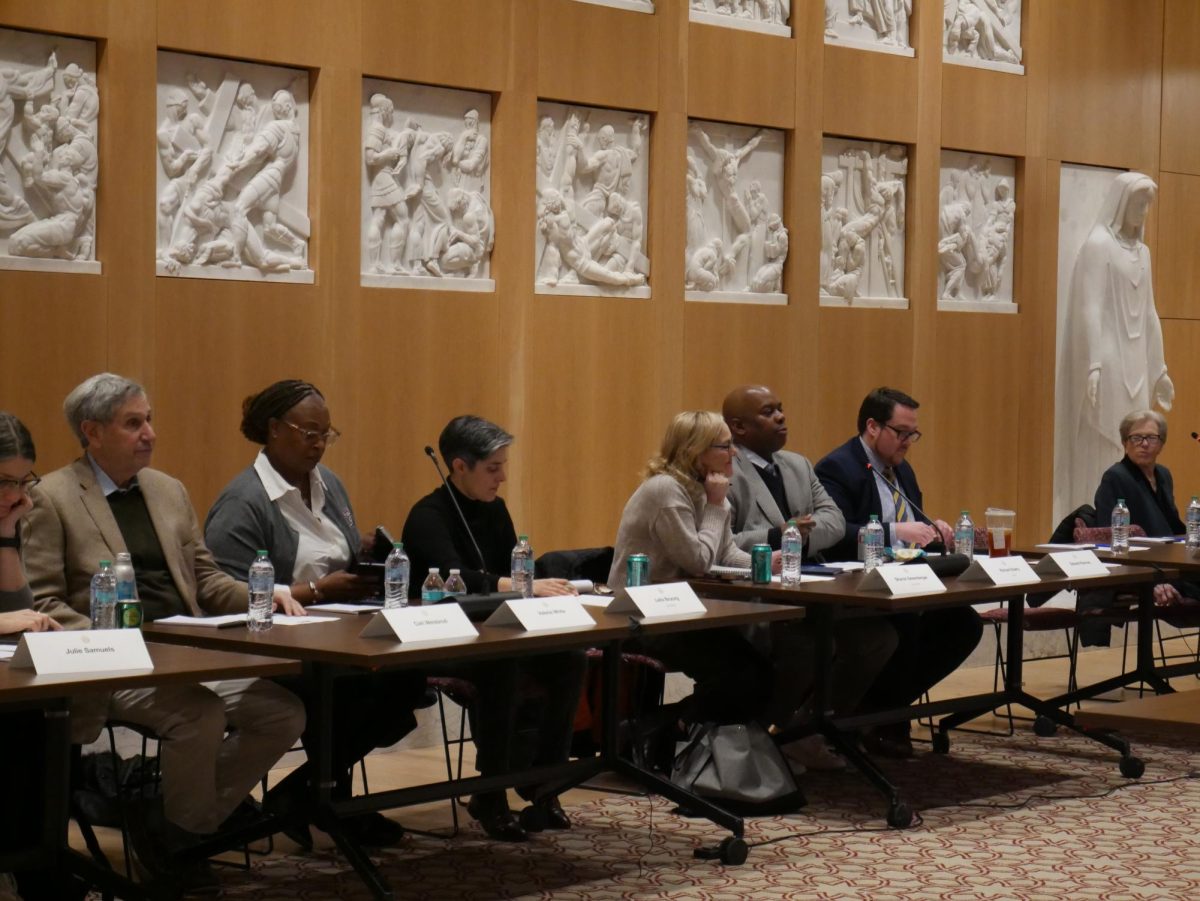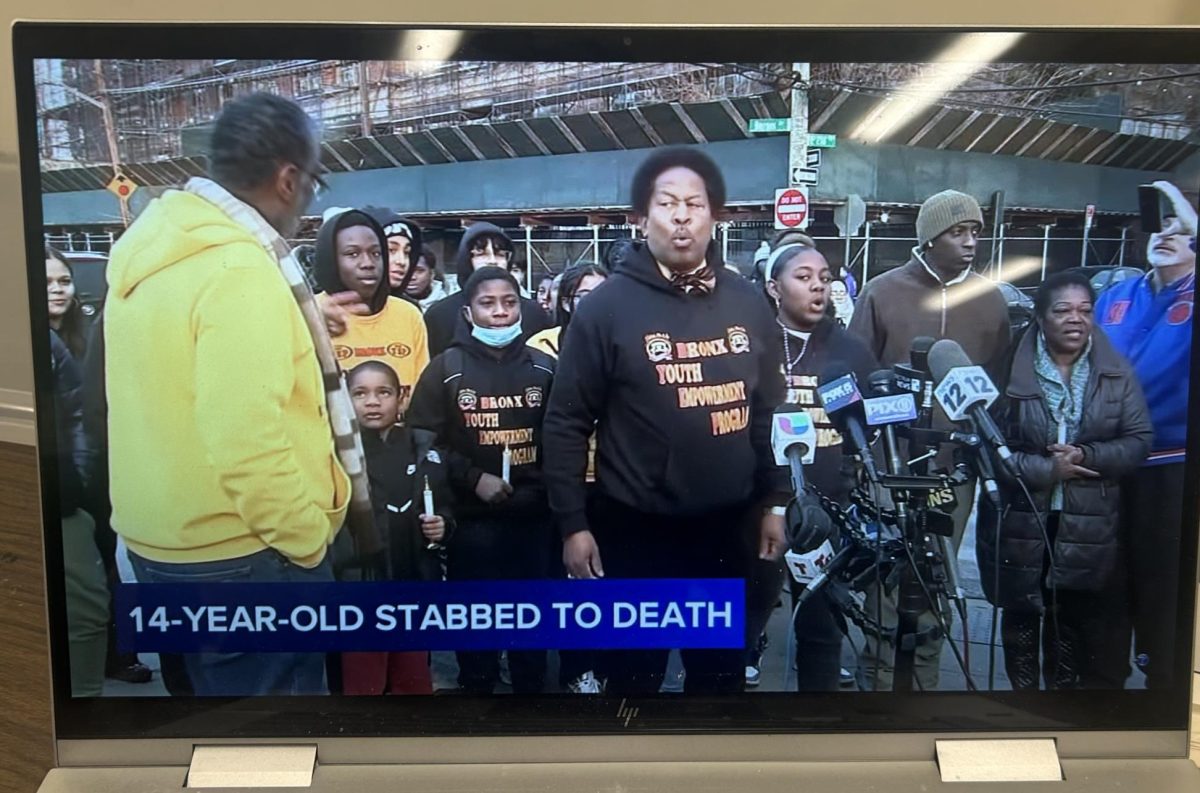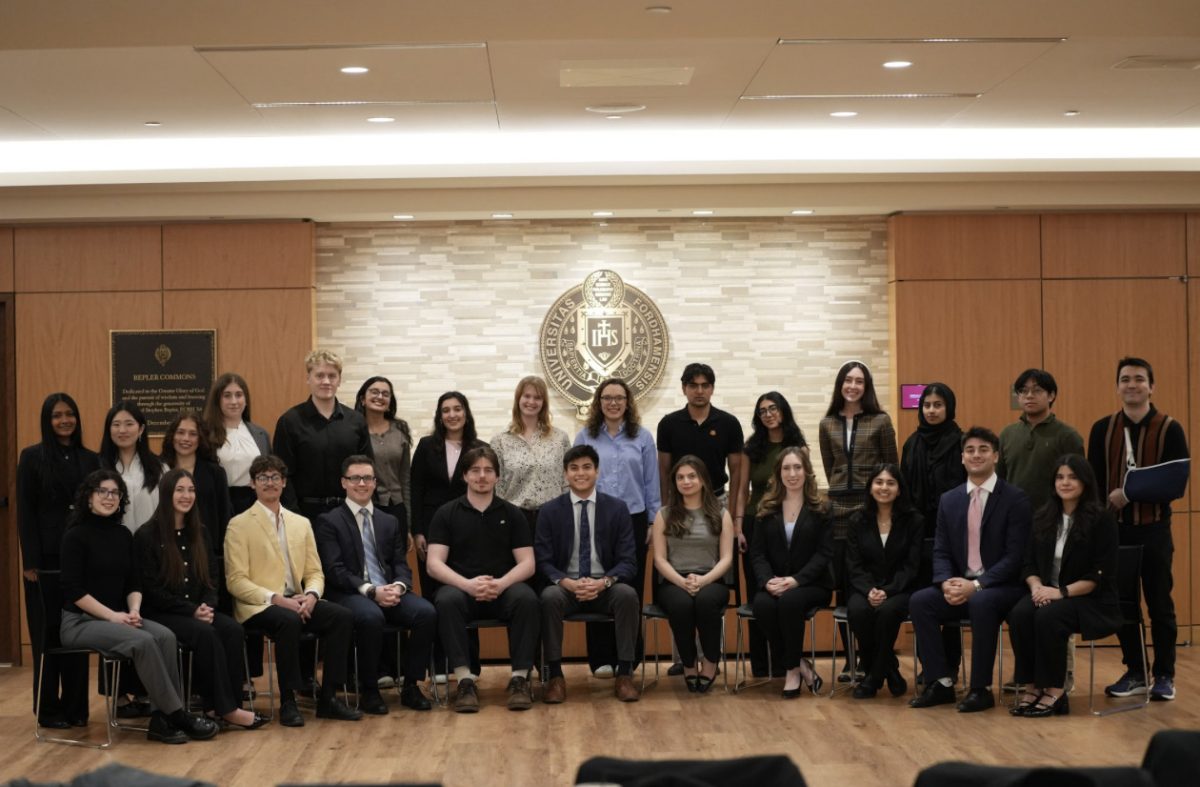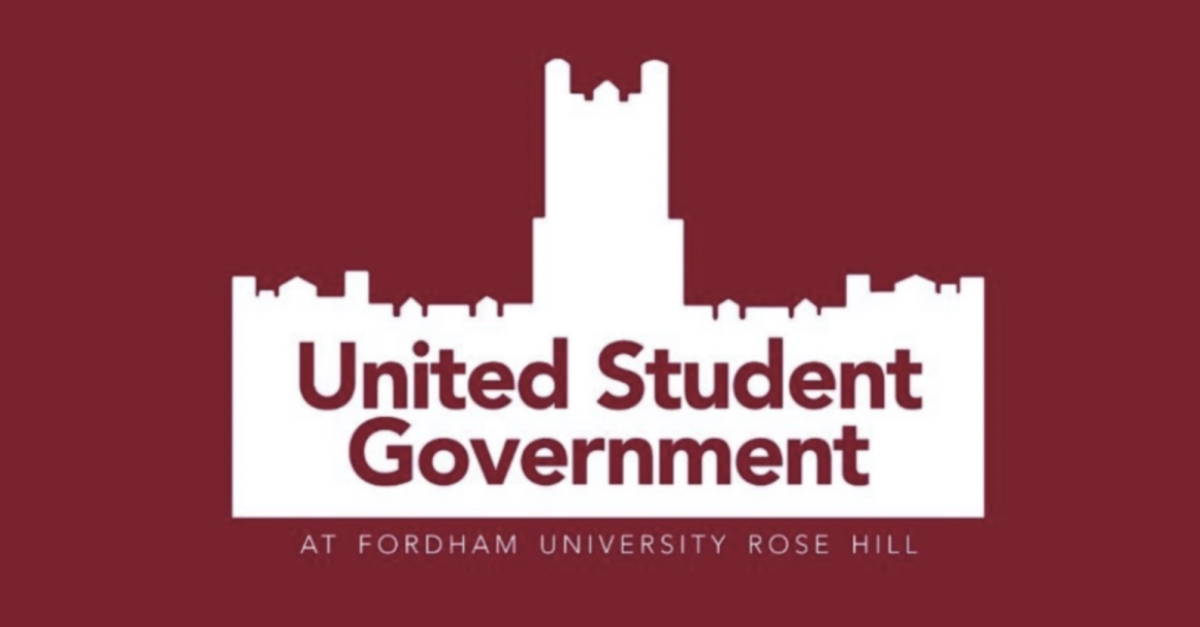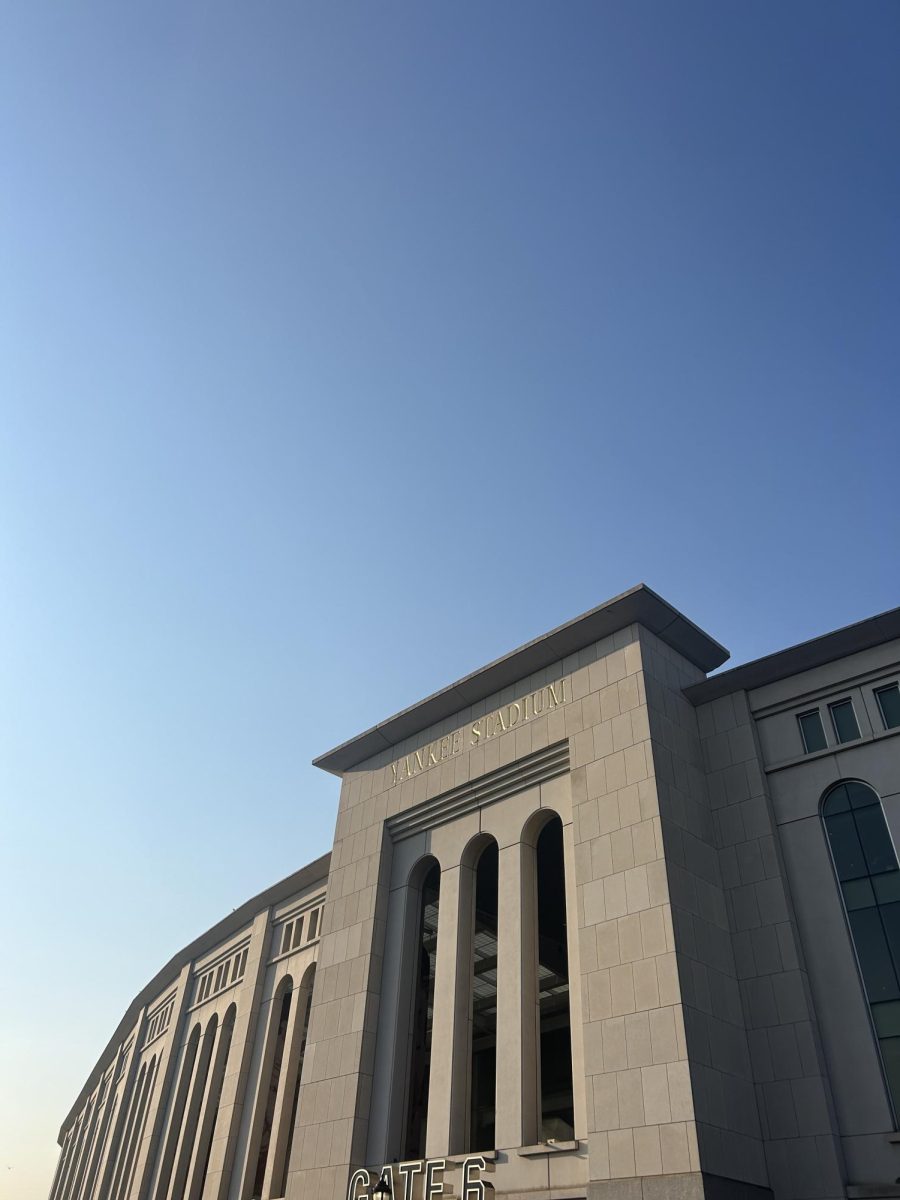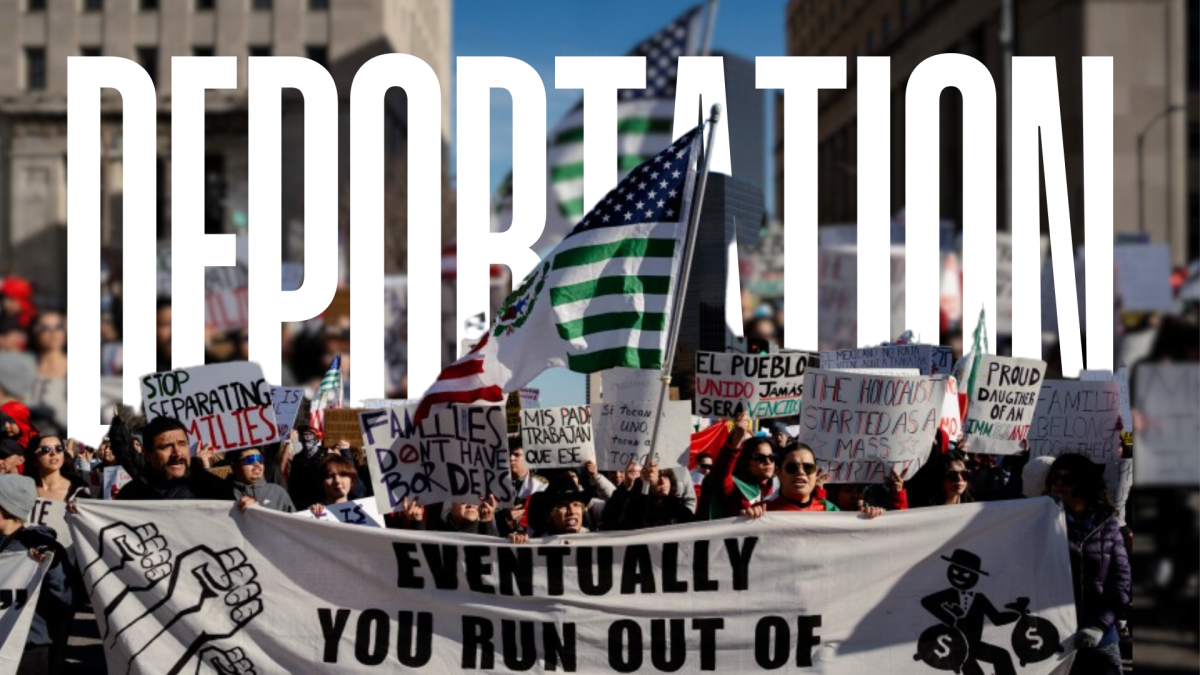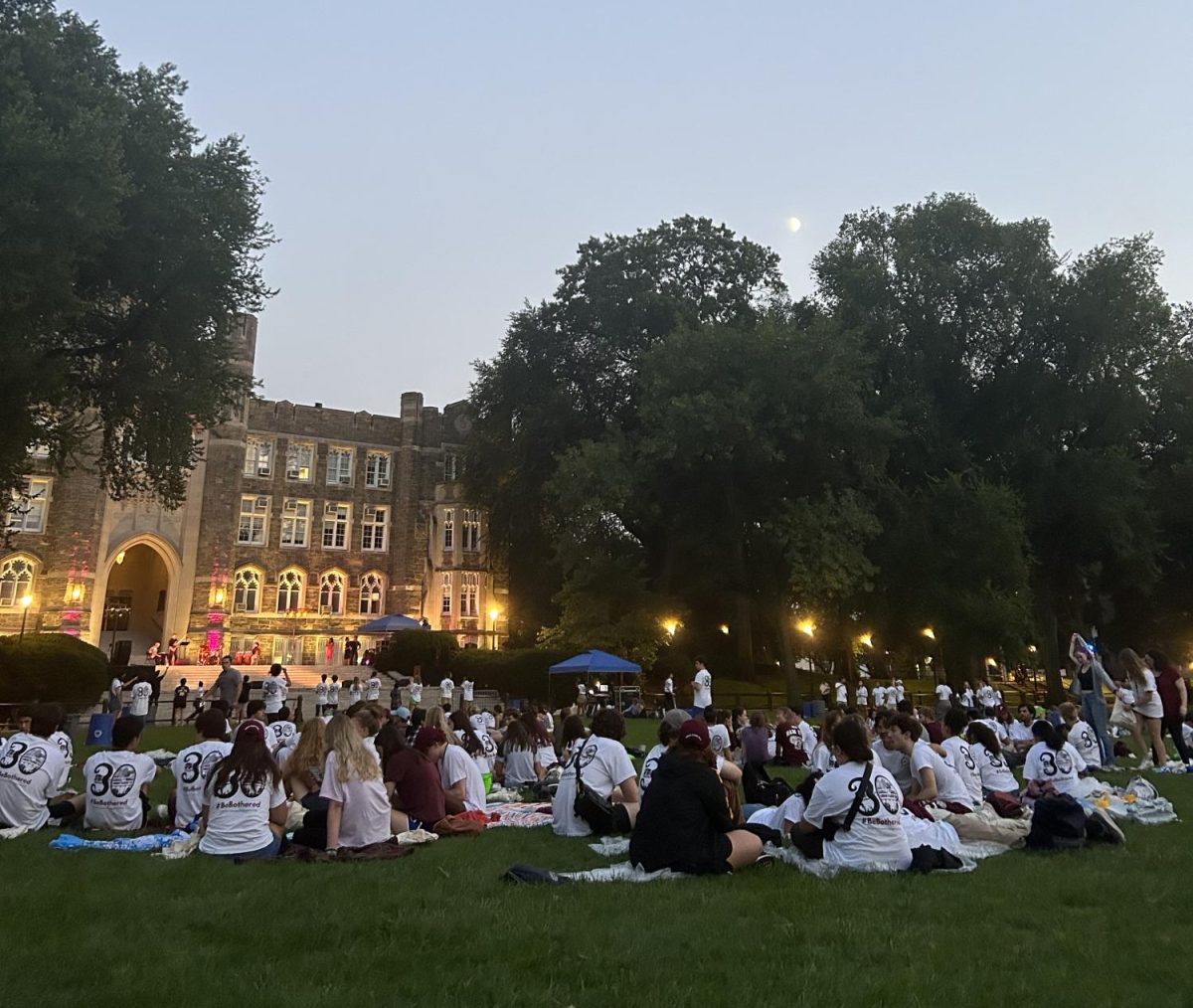One of President Donald Trump’s central campaign platforms in the 2024 Election was carrying out mass deportations of undocumented immigrants. While strict deportation policy is not unprecedented — deportations peaked under the Obama administration — Trump has made the removal of undocumented immigrants a spectacle of his presidency and sparked tensions among international diplomats. The administration’s approach, which has been criticized as inhumane and degrading to migrants, involves pressuring foreign governments to comply with American deportation policies. Although countries are legally obligated to accept deported nationals of their country, the Trump administration’s tactics set a precedent of coercion in immigration enforcement and overall foreign policy.
On Jan. 26, the United States and Colombia entered into a diplomatic clash after Colombian President Gustavo Petro withdrew authorization for two U.S. military planes that were set to transport deported Colombian nationals. President Petro cited concerns about the treatment of the migrants. They were reportedly handcuffed, treated like criminals and transported using military planes (U.S. Immigration and Customs Enforcement (ICE) typically uses commercial or charter flights). The two leaders then got involved in an intense social media exchange. In a post he made on X, Petro wrote that the U.S. “must establish a protocol for the dignified treatment of migrants before we receive them.” Trump responded to the denial by Petro on Truth Social with surprisingly aggressive retaliatory measures: 25% tariffs that would eventually rise to 50%, a travel ban on Colombia and visa sanctions on governmental officials, to name a few. Trump cited Petro’s actions as having “jeopardized the National Security and Public Safety of the United States.” Petro responded with his own 50% tariffs, as he noted in a long, passionate and strongly-worded post on X, emphasizing that Colombia would not tolerate mistreatment of its citizens. Ultimately, however, the diplomatic battle over deportation ended with Colombia agreeing to accept its deported citizens, fearing a trade war that would damage its economy.
What is worse is that Petro’s reservations toward Trump’s deportation policy are not entirely unfounded. His decision to block the military planes came as a response to a deportation flight carrying Brazilians that was reported to have degrading conditions. Migrants were allegedly shackled, chained and denied basic necessities, with some alleging that U.S. agents subjected them to physical abuse and humiliation. After a technical issue forced the plane to land in Manaus, the migrants were transported aboard a Brazilian military aircraft to their intended destination, Belo Horizonte. Brazilian Minister of Human Rights Macaé Evaristo met the migrants on the tarmac after their arduous journey and made a powerful statement: “Our position is that countries can have their immigration policies, but they can never violate anyone’s rights.”
Evaristo’s sentiments reflect the main issue with Trump’s mass deportation policy. While countries like the U.S. are sovereign in developing their approach to immigration, it cannot come at the expense of the fundamental rights of individuals and other nations. Contrary to popular belief, the deportation process requires cooperation from both countries. American deportation policy does not trump the safety and humanity of the migrants, nor the laws and procedures of the receiving country. A country cannot forcibly send deported migrants back to their home country, as proper diplomatic communication is required with the foreign government. Bilateral diplomacy is necessary to ensure the safe and humane transportation of migrants. Nations regularly refuse to cooperate with deportation policy, even though scholars argue that countries are legally bound to accept deported migrants under international law. They often cite valid concerns over human rights, the lack of proper documentation or inadequate resources. These concerns, unfortunately, slow down the deportation process. ICE labels such countries — including Cuba, China, Venezuela and India — as ‘recalcitrant.’ The U.S. has labeled 13 countries as recalcitrant as of 2020. As a result, these countries face immigration-related penalties, such as visa sanctions. Addressing these valid concerns — on both sides — requires active and humanitarian diplomatic efforts between the two countries — an approach the Trump administration appears to have neglected.
A nation’s reluctance to accept deportees does not justify coercion, as we saw with the diplomatic brawl between Colombia and the U.S. The Trump administration has begun a precedent of diplomatic strong-arming in order to get recalcitrant nations to cooperate with his mass deportation policy. Recently, he suggested the use of Guantánamo Bay to “detain the worst criminal illegal aliens threatening the American people.” This rhetoric — which has been a hallmark of his speeches for years now — serves to legitimize Trump’s approach to immigration. However, the question remains: Should a country accept its deported nationals if the Trump administration could just strong-arm them into doing so? Some nations, like India, have been more open to accepting illegal migrants — after verifying their citizenship. While this could be seen as a form of cooperation with the Trump administration, it can also be seen as a policy of appeasement to avoid potential trade wars with the U.S.
Trump’s immigration policy relies heavily on diplomatic coercion. Global migration researcher Erlend Paasche stated, “[d]eportation is a symbol of international power.” He argued that a country’s willingness to accept deported nationals’ signals concession because collaboration can come off as subservience. It appears this is what the Trump administration hopes to capitalize off of. By using deportation as a show of force, Trump seeks to convey American dominance. To him, it does not matter whether or not recalcitrant countries have a right of refusal, as his priority is not diplomatic negotiation, but to demonstrate American might. This reflects Trump’s overall perspective on foreign policy, which we saw with his recent tariff battles with Canada and Mexico. The “America First” agenda relies on the idea that coercive tactics — whether through tariffs, military force or diplomatic pressure — are the most effective ways to assert U.S. dominance on the world stage. With regard to immigration specifically, this means it is irrelevant whether countries refuse to accept their deported nationals because the Trump administration will make them accept. To Trump, ‘deportation diplomacy’ means only one thing: fall in line or pay the price.
Siddhanth Ravi, FCRH’26, is a history and political science double major from Edison, New Jersey.














